Dr. K. Sathesh
Coordinator
Dr. G. Sreenivasulu
Co-Coordinator
In pursuance of its Action Plan for performance evaluation, assessment & accreditation & quality up-gradation of institutions of higher education, NAAC proposes that every accredited institution should establish an Internal Quality Assurance Cell (IQAC) as a post-accreditation quality sustenance measure. Since quality enhancement is a continuous process, the IQAC will become a part of the institution’s system & work towards realisation of the goals of quality enhancement & sustenance. The prime task of the IQAC is to develop a system for conscious, consistent & catalytic improvement in the overall performance of institutions. For this, during the post-accreditation period, it will channelize all efforts & measures of the institution towards promoting it's holistic academic excellence.
The guidelines within the following pages will direct and support Madanapalle Institute of Technology & Science (MITS) in establishing and operating the Internal Quality Assurance Cell (IQAC). The IQAC's role is the initial phase in internalizing and institutionalizing quality enhancement initiatives at MITS. Its success hinges on its ability to foster a sense of belonging and active involvement among all the institution's members. It won't function as another hierarchical structure or a mere record-keeping exercise; instead, it will serve as a facilitating and participatory voluntary entity within MITS. It possesses the potential to serve as a catalyst for enhancing quality by implementing planned interventionist strategies to address deficiencies and elevate quality, similar to the concept of "Quality Circles" in industries.
To make quality the defining element of higher education in India through a combination of self and external quality evaluation, promotion, and sustenance initiatives, while simultaneously striving to become a globally recognized research and academic institution contributing to the technological and socio-economic development of the nation.
The primary aim of IQAC is
IQAC shall evolve mechanisms and procedures for:
Some of the functions expected of the IQAC are :
IQAC will facilitate/contribute:
IQAC may be constituted in every institution under the Chairmanship of the Head of the institution with heads of important academic and administrative units and a few teachers and a few distinguished educationists and representatives of local management and stakeholders
The composition of the IQAC may be as follows:
Cognizant of MITS College's commitment to quality assurance, the IQAC has been seamlessly integrated as a core element, focused on instituting robust processes that maintain exceptional standards across various critical institutional activities. The composition of the IQAC has been meticulously devised, taking into consideration the counsel and recommendations of accreditation bodies and committees. Here, we present the composition of the IQAC at MITS College:
All accredited HEIs have to submit AQAR regularly to NAAC. On completion of the Academic year, HEIs have to submit the AQAR on or before 31st December of every year, irrespective of their Date of Accreditation.
Madanapalle Institute of Technology & Science is committed to maintaining and enhancing academic excellence through a structured Quality assurance mechanism. Academic & Administrative audit serves as a critical tool to assess, monitor, and improve the quality of Teaching & Learning, and Academic processes and the administrative system to support the quality of such a delivery. This policy applies to all Academic Departments, Programs, and Faculty members, ensuring a systematic review of instructional methods, curriculum effectiveness, student engagement, Faculty performance, and overall academic governance. Audit process of quality of education impart and assess compliance with accreditation bodies such as NAAC, NBA and other regulatory requirements for its sustenance is monitored through the Internal Quality Assurance Cell (IQAC).
Academic Audit is a structured and methodical approach to evaluate the Quality of an Institution's academic processes. It involves a deliberate and systematic sampling to assess the effectiveness of Academic delivery, encompassing areas such as Teaching-Learning practices, Curriculum Design and evaluation, Research initiatives, outreach programs, and other related academic endeavours. This process aligns with quality assurance principles and aims to evaluate the effectiveness of Academic Procedures and Processes adopted by Departments for quality enhancement.
Administrative Audit focuses on evaluating the effectiveness of various administrative processes that facilitate academic activities. This includes areas such as student support services, management of Academic Infrastructure, Campus maintenance, IT services, student facilities, and measures ensuring the safety and security of students and the campus as a whole. Audit process typically involves sampling methods and conducting targeted interviews with relevant stakeholders.
The IQAC shall have the following functions:
The IQAC shall have the following functions:
The IQAC shall have the following functions:
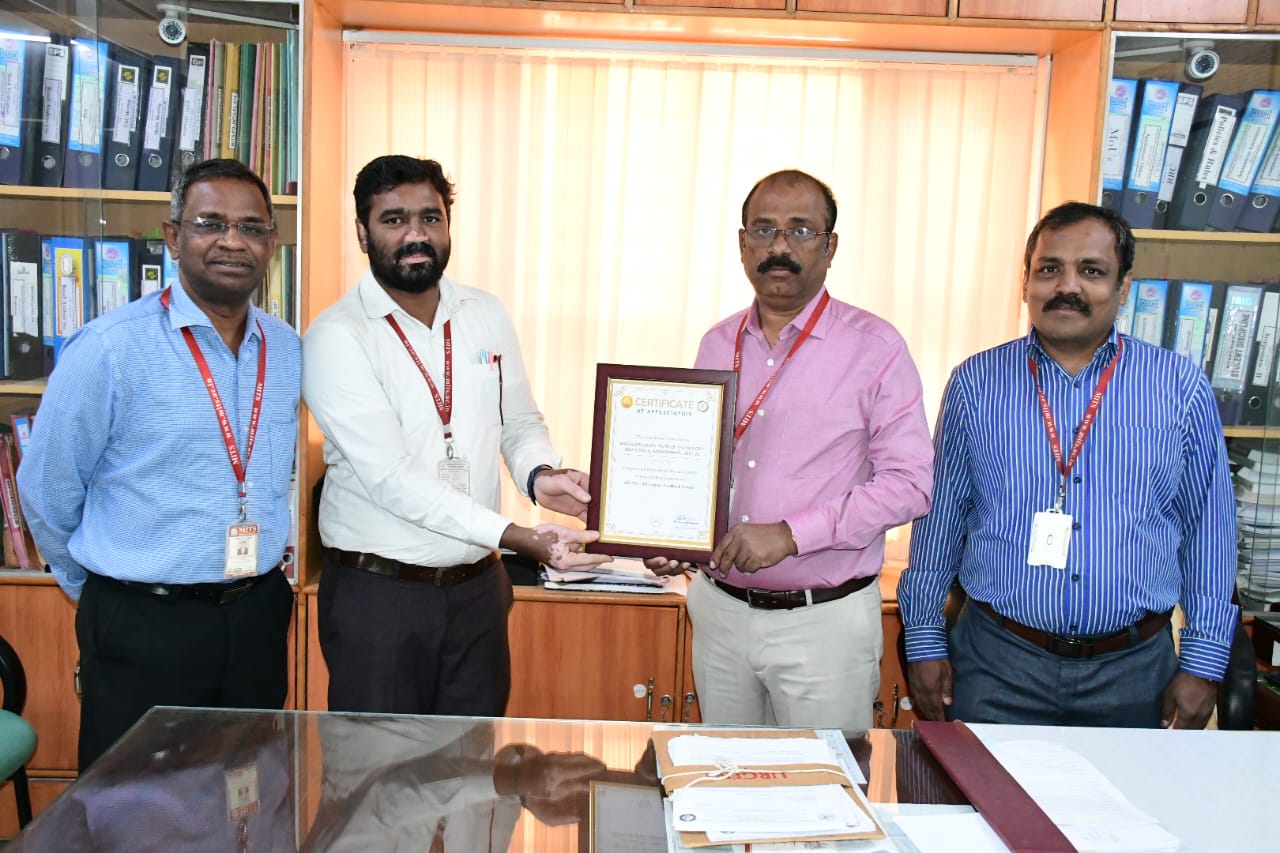
AICTE's 360 Degree Feedback Appreciation Certificate
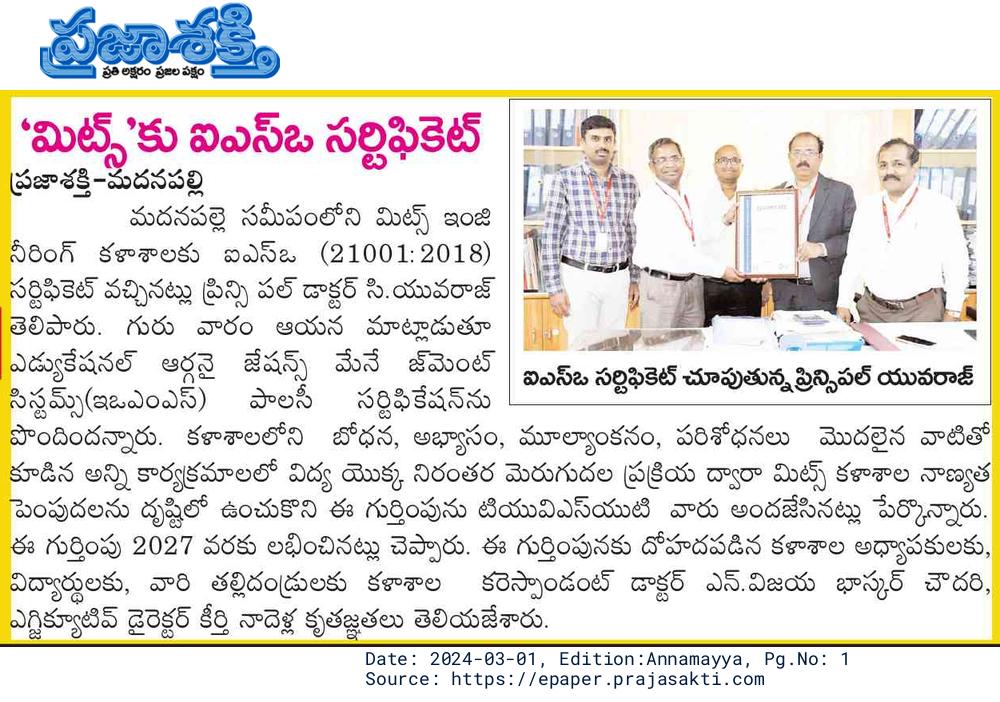
ISO 21001:2018 (EOMS) Certificate (22.02.2024 to 21.02.2027)
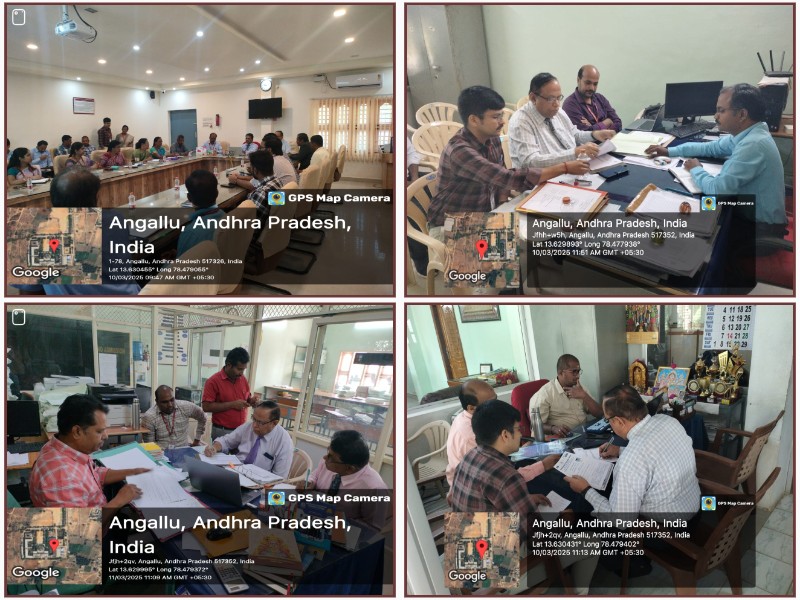
ISO 21001:2018 Surveillance Audit - EOMS" Organized by Internal Quality Assurance Cell (IQAC) in association with Planning Approvals Accreditations Rankings & Certifications Cell from 10.03.2025 to 11.03.2025.
 on National Education Policy.jpeg)
Five-day Professional Development Programme (PDP) on "National Education Policy 2020 & Institutional Development", Organized by Internal Quality Assurance Cell (IQAC) in association with NITTTR, Chennai from 10.03.2025 to 14.03.2025
 on Augmented Reality and Virtual Reality.jpeg)
Six-day Professional Development Programme (PDP) on "Augmented Reality and Virtual Reality", Organized by Internal Quality Assurance Cell (IQAC) in association with NITTTR, Chennai from 24.02.2025 to 1.03.2025
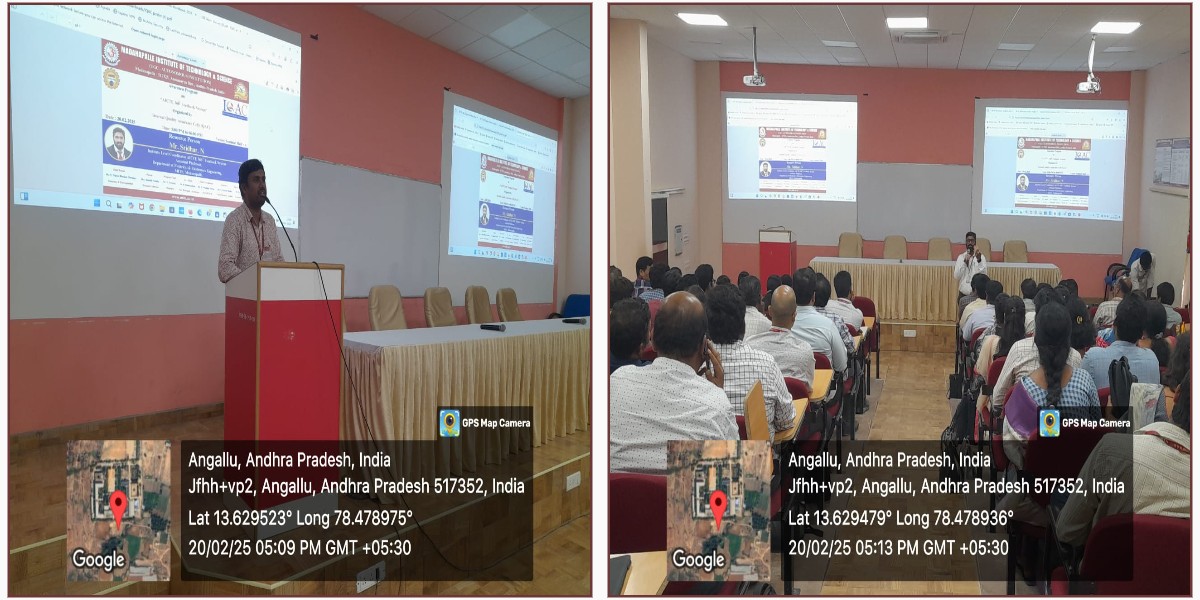
Awareness Program on "AICTE 360° Feedback System" Organized by Internal Quality Assurance Cell (IQAC)
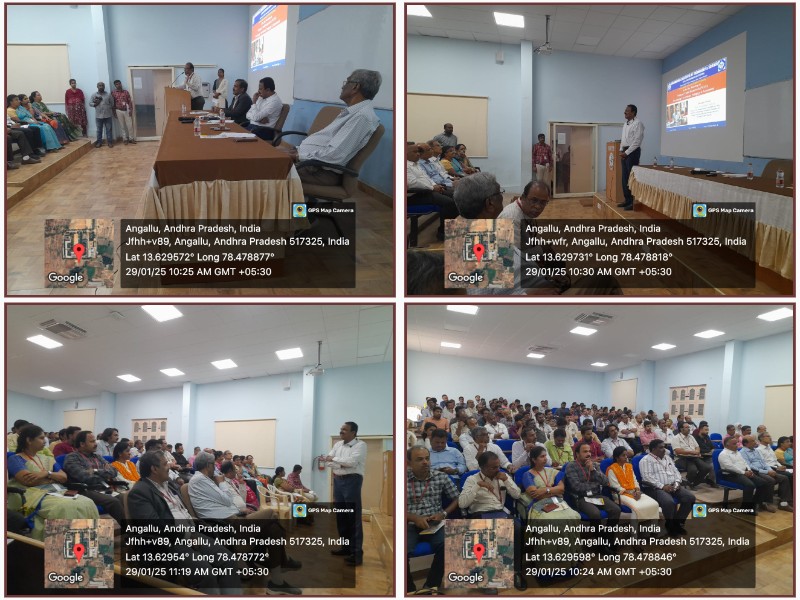
One Day Workshop on "National Credit Framework (NCrF): Revamping Curriculum, Pedagogy & Assessment" Organized by Internal Quality Assurance Cell (IQAC) on 29.01.2025
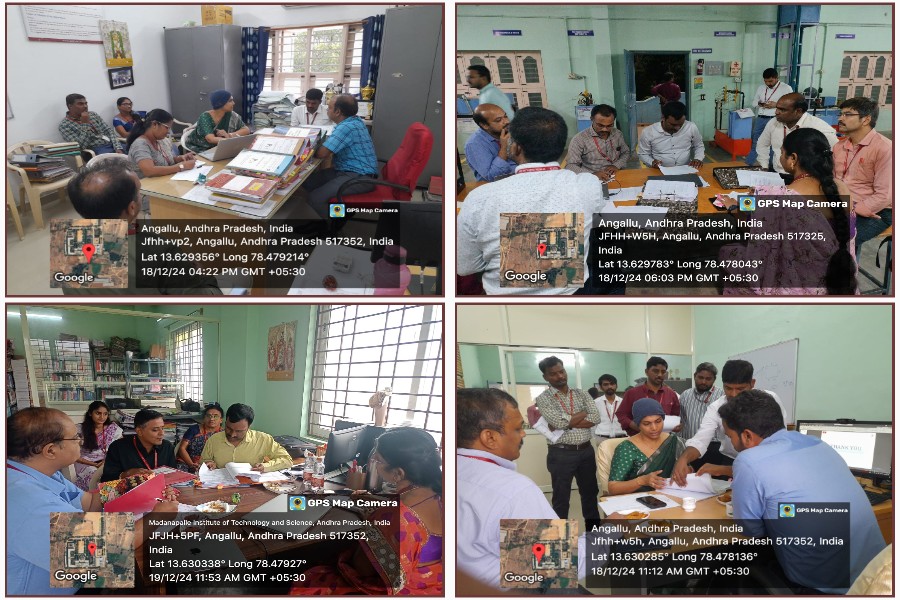
Two-days "External Academic and Administrative Audit for AY 2023-24" Organized by Internal Quality Assurance Cell from 18.12.2024 to 19.12.2024
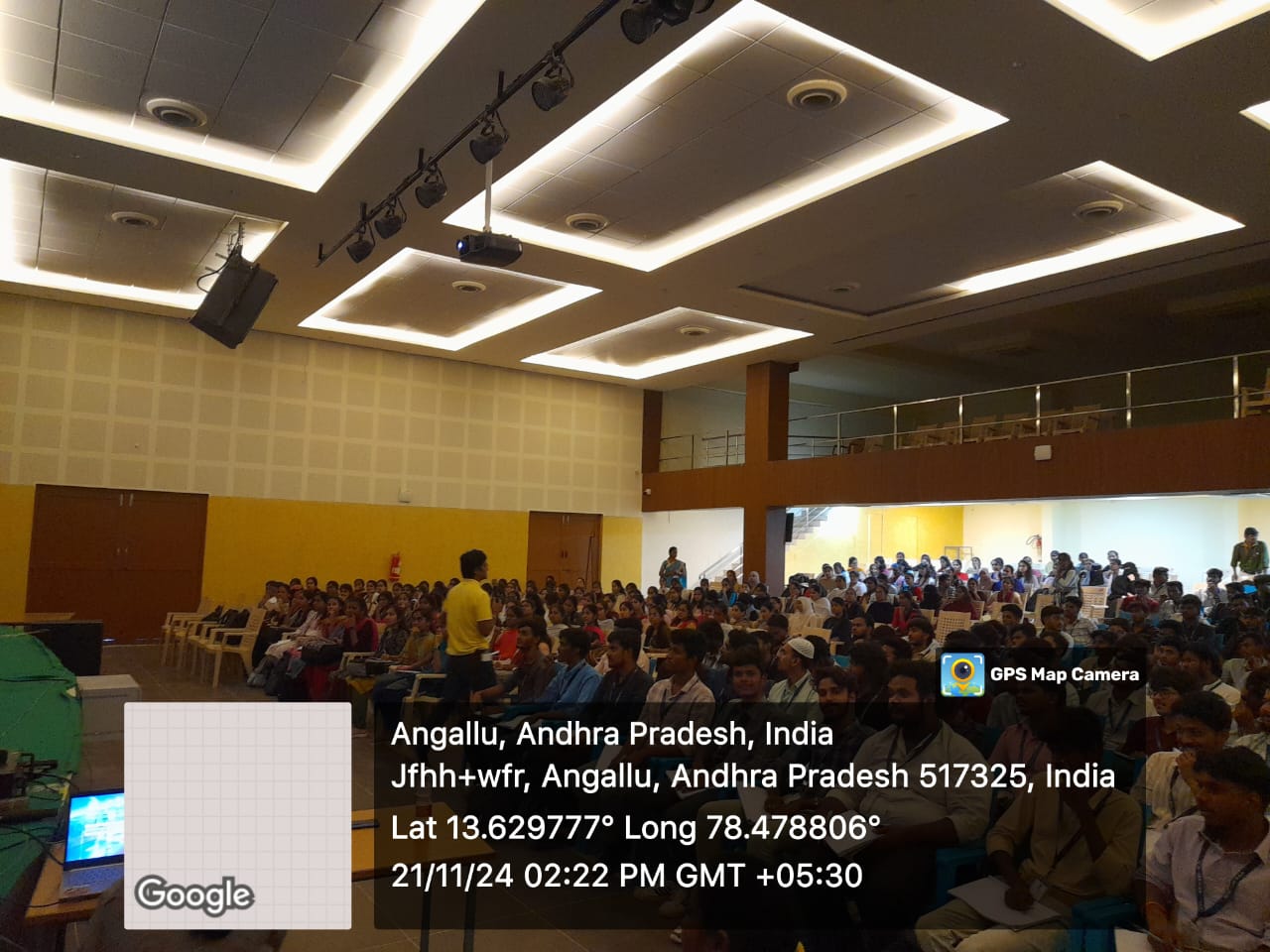
Expert Talk on "Generative AI" Organized by Internal Quality Assurance Cell (IQAC) on 21.11.2024
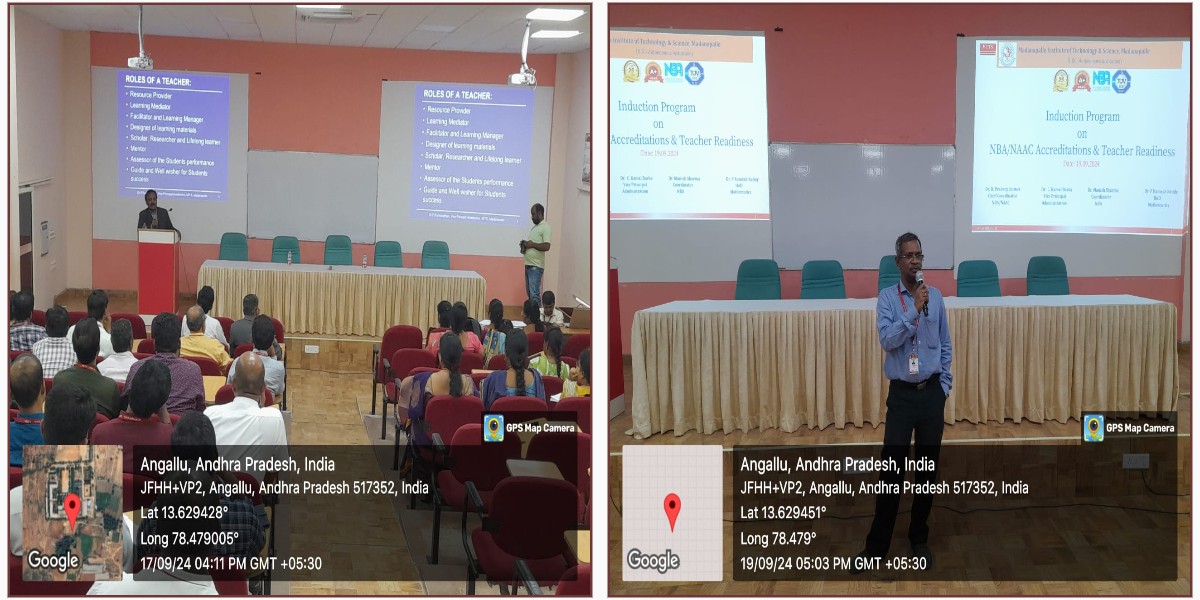
Guru-Dakshta Faculty Induction Program(FIP)" Organized by IQAC, MITS for the Academic Year 2024-25 from 17.09.2024 to 27.09.2024
 on Block Chain Technologies.jpeg)
Five- Day Online Professional Development Programme(PDP) on "Block Chain Technologies" Organized by Internal Quality Assurance Cell (IQAC) in association with NITTTR, Chennai 03.06.2024 – 07.06.2024
 on NBA ACCREDITATION.jpeg)
Professional Development Programme(PDP) on "NBA ACCREDITATION " Organized by Internal Quality Assurance Cell (IQAC), MITS in association with NITTTR, Chennai 12.02.2024 – 16.02.2024
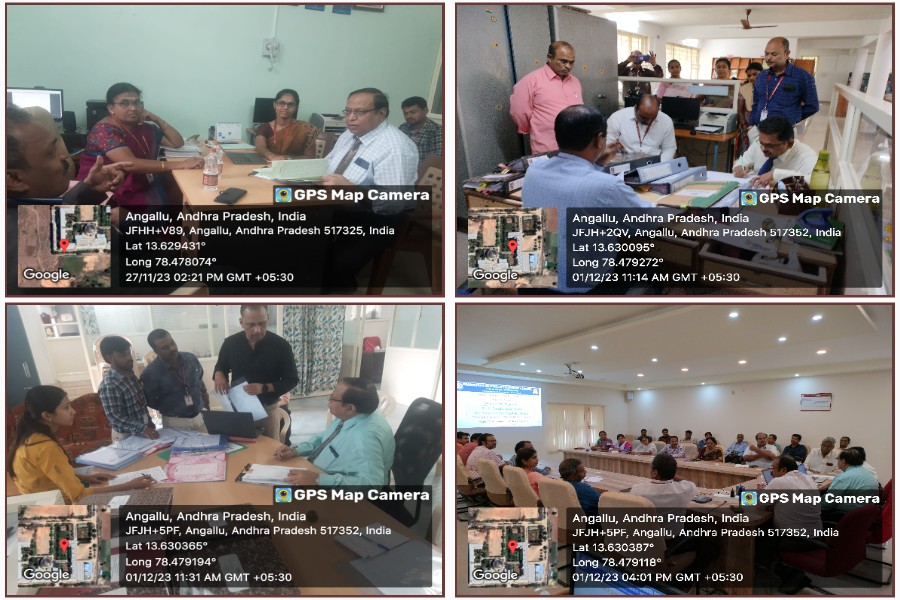
ISO 21001:2018 Certification Audit - EOMS Stage 2 Duration: 27th November 2023 to 1st December 2023 (5 Days) Auditors: Dr. K. Sundaresan & Sreenivasulu Rupineni Organised by PAARC Cell and IQAC
Five-day Professional Development Programme (PDP) on "UI / UX Design", Organized by Internal Quality Assurance Cell (IQAC) in association with NITTTR, Chennai from 30.06.2025 to 04.07.2025.
Coordinator
Co-Coordinator
Room No: WB211A
Madanapalle Institute of Technology & Science
Deemed to be University
Madanapalle-Kadiri Road
kurabalakota Mandal, Madanapalle-517325
Andhra Pradesh, India
+91- 08571280255, 9100973388
